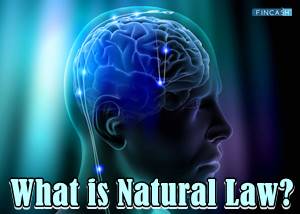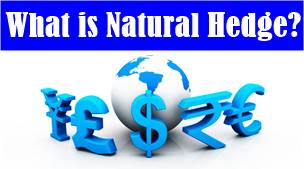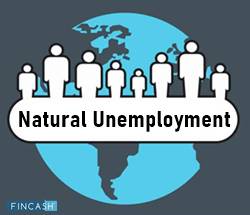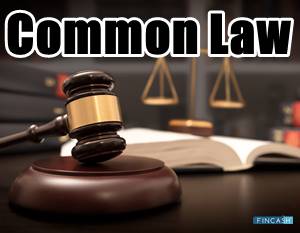
Table of Contents
Natural Law
What is Natural Law?
The natural law definition is as an ethical theory which focuses on the human intrinsic values that control our actions and mentality. According to this law, these values differ from person to person. They occur naturally in people. In other words, natural law focuses on the fact that the behavior and mentality of a person depend on their Intrinsic Value that remains unaffected by society, culture, values, and other’s perspectives.

The law highlights the moral values of humans that do not change with time. These values create a fair society. It isn’t a hard skill that can be taught. Natural law is something that a person tends to learn with experience and practice. In simple terms, people learn natural law when they make right or fair decisions. Let’s understand the difference between man-made and natural laws.
Difference Between the Natural Law and Positive Law
Note that natural law and positive laws are different. While both focus on certain principles that we need to follow to create a fair society, natural law is more about our intrinsic value than man-made ethics. Positive law, however, is the set of rules and ethics established by the people. For example, the positive law states that each person needs a driving license to be able to drive a car. Similarly, they cannot purchase alcohol if they are not adults. These laws are established by the governing bodies. Some people believe that law-makers use their inherent values to establish man-made laws. They set the laws that they believe are morally accurate and perfect for society.
Theoretically, natural laws are our intrinsic values that do not change over time. These values remain the same regardless of customs, society, and culture. When a person watches a movie that involves violence and aggression, they feel pain because their inherent values do not support that. One common example of natural law is that hurting or killing a being isn’t acceptable.
Talk to our investment specialist
How Philosophers Define Natural Law?
Aristotle, who is considered to be the father of this ethical law, believed that what is fair by nature is not always what’s fair by law. There is a natural justice followed almost everywhere and what people think doesn’t change that. Some philosophers suggest that natural law is related to religious law. People are supposed to choose good and avoid evil. Different scholars have given different definitions of natural law. What people know is that natural law is something that encourages us to do what is good for us and society. These scholars do not mix ethical laws with economic matters. Likewise, economists do not make ethical judgments.
However, it does not change the fact that natural laws and Economics are interrelated. Natural laws can suggest the ways the Economy should work. Though economists rarely bring morals into economics, natural laws must be practised in this field. That’s because businesses operate in an economy and they are supposed to follow the ethics that tell them how they must conduct the business and serve society and consumers.
All efforts have been made to ensure the information provided here is accurate. However, no guarantees are made regarding correctness of data. Please verify with scheme information document before making any investment.












